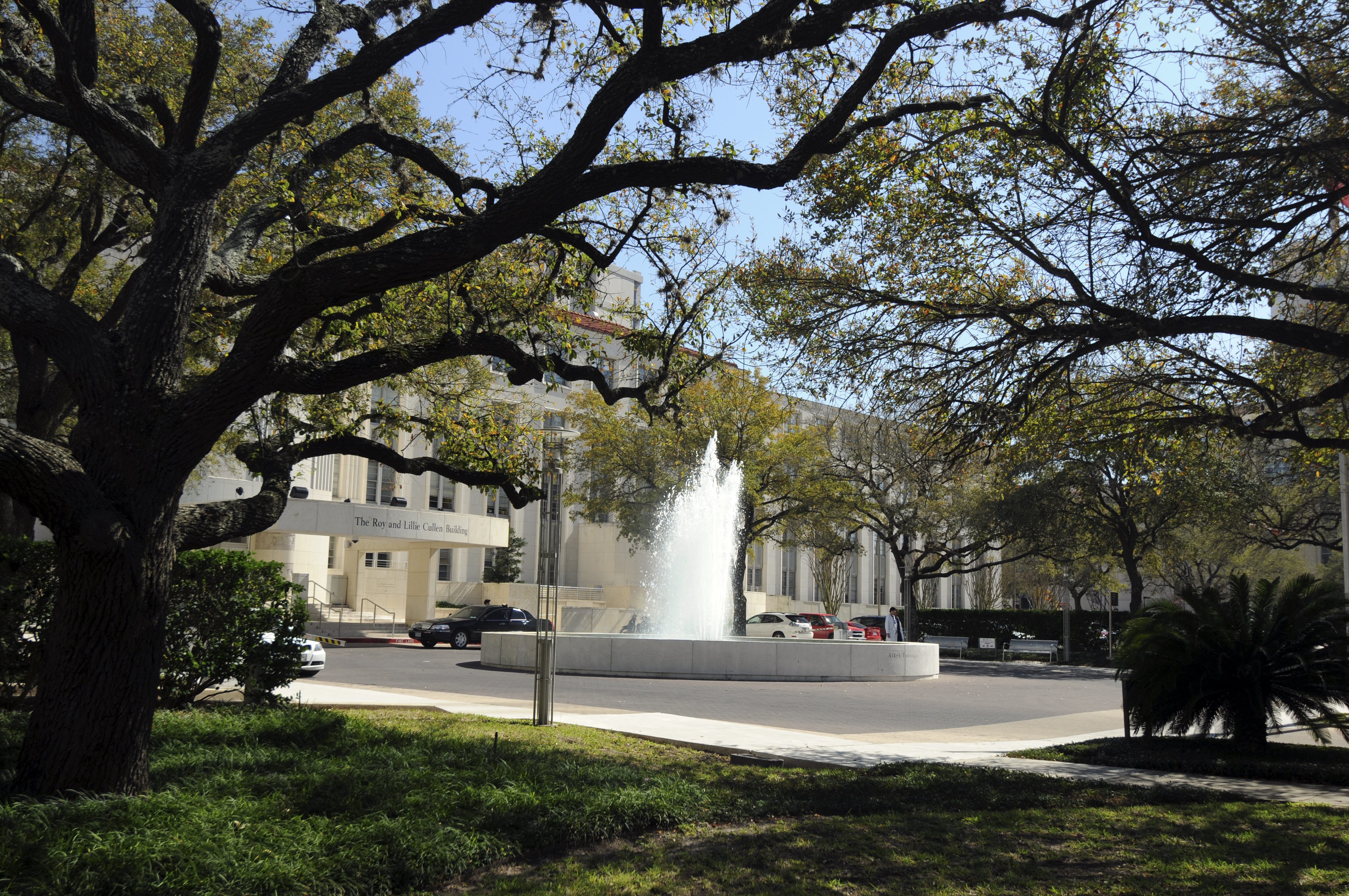
A future-looking, bi-partisan water strategy – that may incorporate a broader water allocation trading scheme – is essential if regional Queensland is to lead the State’s post-COVID economic recovery.
Recent public debate around serious inadequacies with water infrastructure, highlighted by the Paradise Dam debacle, has led AgForce to call on political parties to stop quibbling and commit to developing a coherent, long-term water strategy.
AgForce Water Committee Chair Kim Bremner said the State Government needed be visionary rather than reactionary in developing a long-term plan to provide water security solutions for one of the country’s largest and most climatically variable agriculture States.
“The plight of communities like Stanthorpe – so desperately short of water earlier this year that this life’s most basic necessity had to be trucked into town at enormous expense to keep people and animals alive – is completely avoidable,” Mr Bremner said.
“It simply needs government to have the vision and political will to commit to a strategy that facilitates the most effective use of existing water infrastructure and fast tracks new, economically robust programs.
“For example, enabling conversion to allocations, streamlining markets, and being more flexible in allocating releases of existing water reserves would increase the liveability and productivity of regional Queensland at absolutely no cost.
“Similarly, expanding agronomic studies of both existing and greenfield agricultural land will allow us to be smarter and more water-efficient in using current resources.
“But history will not stand still and we need to embrace both innovation and knowledge of our diverse geography and climate to develop new, forward-thinking answers.
“For example, the high-rainfall catchments of south-east Queensland lend themselves to an interconnected ‘mosaic’ of small storages that will substantially increase water supply for the growing urban population, as well as agriculture, with minimal impact on the environment.
“The Local Government Association of Queensland’s proposal for a Regional Water Quality and Wastewater Protection Fund to upgrade infrastructure and improve town water security also has much merit.”
Mr Bremner said government also needed the courage to develop new, economically robust water infrastructure.
“Projects that would not only help drought-proof the vast western and northern expanses of our State but improve opportunities for agricultural development,” he said.
“For example, funding to complete 160 bores and 5,500km of drains in the Great Artesian Basin Sustainability plan would have a lasting and sustainable positive impact on the communities of inland Queensland.
“And surely the 100,000 megalitres that flowed into the Gulf last year – enough to supply greater Brisbane’s water needs – could not only increase water available for agriculture in north-west Queensland but be used to generate renewable, more affordable electricity?
“But in the short term, fast-tracking completion of Rookwood Weir, Nathan Dam, Hughenden Irrigation Project, Lakeland Irrigation Area, Hells Gates Dam Scheme and wall raising of Burdekin Dam will help maximise Queensland’s incredible agricultural potential and support the growth of local communities.”







